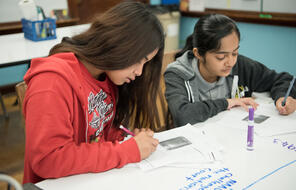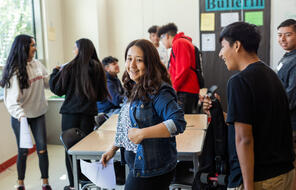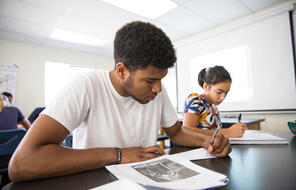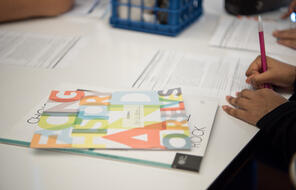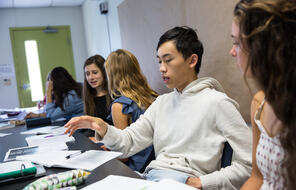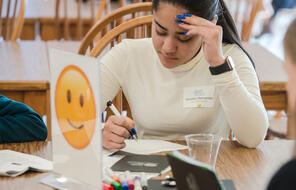
Relevant or Not?
Overview
About This Teaching Strategy
This teaching strategy has been adapted for use in UK classrooms from our Common Core-Aligned Writing Prompts supplements.
To engage with and analyse a text effectively, students need to be able to identify appropriate evidence, thinking about whether or not it supports their claims and argument. The purpose of this strategy is to help students distinguish between relevant and irrelevant evidence so that they can make appropriate selections for their analytical writing and debates.
Lesson Plans
Steps for Implementation
Unlimited Access to Learning. More Added Every Month.
Facing History & Ourselves is designed for educators who want to help students explore identity, think critically, grow emotionally, act ethically, and participate in civic life. It’s hard work, so we’ve developed some go-to professional learning opportunities to help you along the way.
Exploring ELA Text Selection with Julia Torres
On-Demand
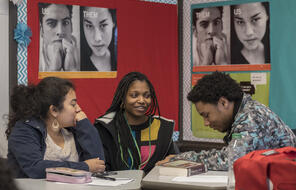
Working for Justice, Equity and Civic Agency in Our Schools: A Conversation with Clint Smith
On-Demand

Centering Student Voices to Build Community and Agency
On-Demand




